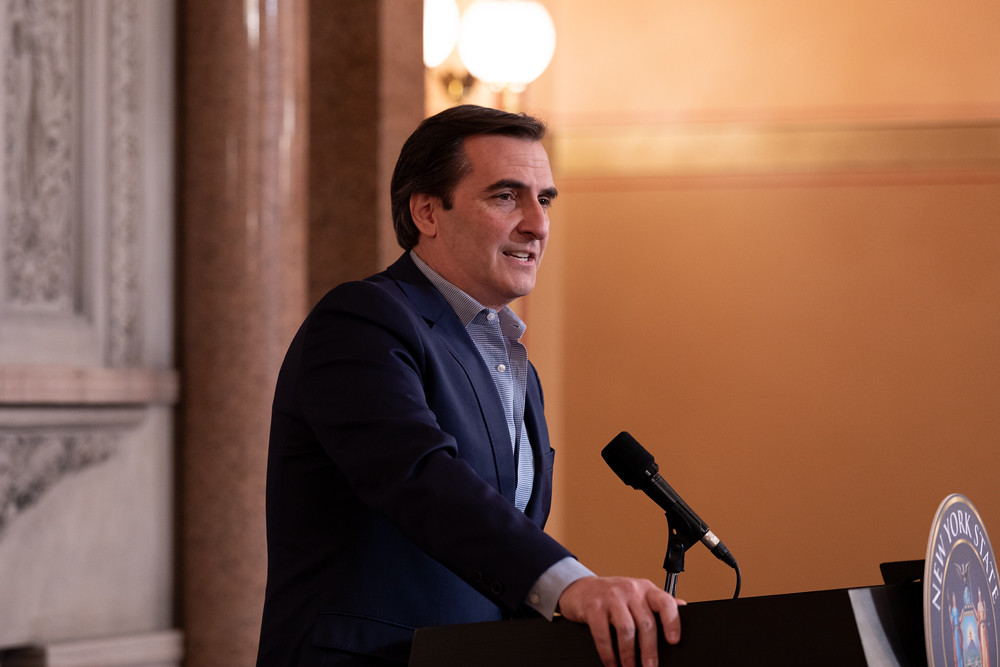Governor Andrew Cuomo on July 16 signed legislation sponsored by a Queens senator that would make voting by absentee ballot easier.
State Senator Michael Gianaris sponsored the bill in order to ensure more absentee ballots are valid and counted.
“At a time when voting rights are under attack in other states, New York is doing the right thing by making it easier to vote, not harder,” Gianaris said.
“I am grateful the legislature passed my bill with Assembly member Bichotte Hermelyn to ensure more valid votes are counted and am pleased it is being signed into law today,” Gianaris said.
Gianaris’ legislation temporarily eliminates the need to request an absentee ballot by a signed application. It will also deem absentee ballots with a postmark up to and including the deadline countable.
Federal write-in absentee ballots, military ballots, special presidential ballots and special federal ballots received after Election Day have to contain a postmark, cancellation mark or witness dated Election Day or earlier.
State Senator Joseph Addabbo also supported the bill, saying it would ensure absentee ballots be counted more consistently with other votes on Election Day.
“I supported this bill to increase the accessibility for registered voters to cast their vote, while still protecting the integrity of the voting process,” Addabbo said. “This bill takes a positive step towards ensuring all valid votes are counted.”
During the 2020 elections, absentee ballots were largely questioned by former President Donald Trump, claiming the process was often fraudulent, but none of those claims were substantiated with any evidence. The former president voted by mail himself in a Florida primary last year, despite casting doubt on the process, according to NPR.
According to a Pew Research Center poll, voting by mail is popular — and has become more common since the COVID-19 pandemic began — with 70 percent of Americans favoring the practice.



































